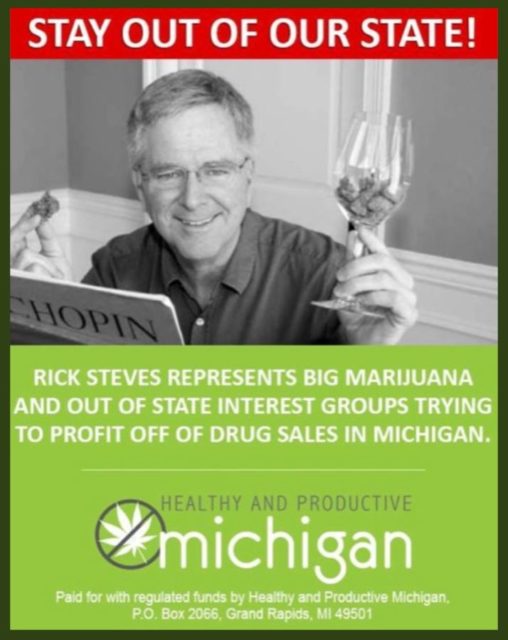As a child traveling in Europe, I met a piano player who was a concentration camp survivor. I remember watching the serial number tattooed on his wrist sliding in and out of his sleeve as he played. He told me stories of his experience…stories that I would never forget.
Nearly 50 years later, as the firsthand memory of Europe’s fascist nightmare in the 20th century is dying along with the last survivors of the Holocaust and Nazi Germany, I felt a responsibility to produce a documentary on the topic. So, I did. “Rick Steves’ The Story of Fascism in Europe” is airing now across the USA on public television (check your local listings) and streaming online for free. I’d like to challenge you to watch just five minutes of it right now…and see if you can then not watch the rest.
I’ve long had an ethic as a tour guide: Never take a group to Germany without a pilgrimage to a concentration camp. Today, I believe history is speaking to us. And, as a historian, tour guide, and public television host, I hear it, and I embrace the challenge of sharing its lessons.
Protecting our democracy is a matter of stewardship. Sometimes you need to go into the past to understand the present. And sometimes you need to leave your country to understand the importance of dealing smartly with the challenges it faces.
Germany possesses massive depots of swastika banners. These banners still exist — but they are kept locked up, for fear of stoking hateful rage at a rally. Germany understands that the ideology of fascism never dies. They need to be vigilant in keeping it down. And Germany knows that when fascism feels normal, it’s too late.
Please. Vote.





